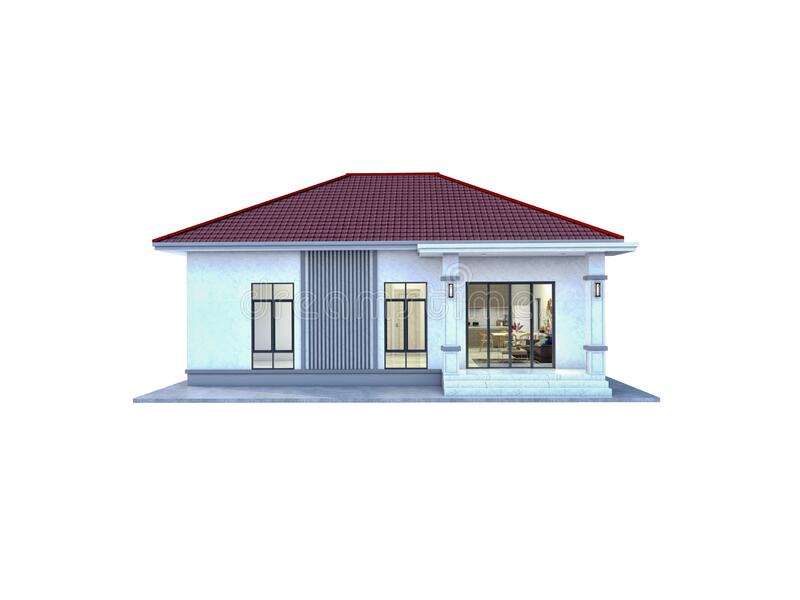
Cedar siding is a great option to enhance the curb appeal of your house. Cedar siding offers many advantages, including a low carbon footprint, superior thermal insulation, and a high degree of rot resistance. Cedar siding is also sound-insulating. Although cedar is an expensive siding option, it can be well worth the cost. Cedar is more maintenance-friendly than vinyl and synthetic siding options.
Cedar is a naturally renewable resource. Cedar can last for decades. It is also biodegradable, meaning it can be recycled. It is extremely lightweight. It can be cut to many shapes, making this versatile. It also has beautiful satin finishes. A new coat of sealant can preserve its rich coloring.
It is important to properly care for cedar if it is your choice. It can stain, rot or warp if not properly maintained. If it is exposed to the elements, it may need to be re-stained, but you will need to keep in mind that it can be expensive.

Some of the benefits of using cedar siding are the fact that it is resistant to rot and insect damage. It can also act as an insulator. It will keep the cold out and heat in during summer. It can be stained for a new look. It is susceptible to mold and mildew if it is in direct contact with water.
Cedar siding has another drawback: it requires regular maintenance. It is important to maintain its beauty and longevity. Also, check for rust spots. If there are any, you can use a commercial cleaner to clean them. Use oxygen bleach to get rid of any mold or mildew. You will need to prime it if you are painting it. This will protect the wood's natural UV rays.
The other advantage of cedar is that it is extremely durable. It does not contain pitch or resin which could cause problems. It doesn't split. It is also easy to replace if it does break. If you'd like to upgrade to another style, cedar can easily be re-stained. The cedar does have a slight tendency toward warping, but this can be corrected.
Another benefit to cedar is the ability to stain and paint it. It is best to avoid pressure washing cedar. Use a non phosphate detergent to clean dirt, spider webs, or other debris.

Also, it is important to apply a fire retardant to the siding. Professional painters can help you choose the right acrylic/latex paint. You'll need to reapply sealant every three to five-years. You should wash your siding if you live somewhere with humid conditions.
FAQ
How long does it take for a home to be renovated?
It depends on the size of the project and the amount of time that you spend each day. On average, homeowners spend between three and six hours per week working on their project.
Is it better to finish floors or walls first?
It's important to know what you want to accomplish before you start any project. It is important that you think about how and who you want to use the space. This will help to decide whether flooring or wall coverings is best for you.
Flooring may be an option if you are planning to make an open kitchen/living room. You can also choose wall coverings if you want to make the room private.
What Does it Cost to Renovate Your House?
Cost of renovations depends on the material used, how large the job is and how complex it is. Certain materials, such as wood, require special tools like drills and saws. Others like steel don't. The cost of renovations will vary depending on whether your contractor does all the work or you do it yourself.
Home improvements can cost anywhere from $1,000 to $10,000 on average. The average cost of home improvement projects would be between $5,000 and $25,000. If you hire professionals, the cost would be between $5,000 and $25,000. However, if the task is done entirely by yourself, the cost could rise to as high as $100,000.
You should know that there are many factors which determine the final cost of renovation. You should consider the material used, such as brick vs concrete. You can choose between brick or concrete, and the size of your project as well. When estimating the total cost for renovation, it is important to keep these factors in your mind.
Can I do the whole renovation myself?
Do it yourself - you'll save time and money.
It doesn’t matter how much DIY is your passion, sometimes it can be difficult to do the job yourself. It may be impossible to control the many variables.
For example, if you live in an old home, you might find that the wiring is outdated and you would need to hire a qualified electrician to make sure that your electrical system is safe and reliable.
Also, you should consider that some structural damage may not be possible during renovations.
Additionally, you may not have the right tools to complete the job. You will need a special tool called the plumber's snake to clean clogged pipes if you plan to install a kitchen sink.
There are plumbing codes that will require you to hire a licensed plumber for your project.
The bottom line is that you need to know exactly what you are capable of doing before you embark on such a big task.
Ask your friends and family for help if you're unsure if the job is possible.
They can give you advice on what steps you need to take and where you can go to learn more about the subject.
Statistics
- Design-builders may ask for a down payment of up to 25% or 33% of the job cost, says the NARI. (kiplinger.com)
- Rather, allot 10% to 15% for a contingency fund to pay for unexpected construction issues. (kiplinger.com)
- A final payment of, say, 5% to 10% will be due when the space is livable and usable (your contract probably will say "substantial completion"). (kiplinger.com)
- According to the National Association of the Remodeling Industry's 2019 remodeling impact report , realtors estimate that homeowners can recover 59% of the cost of a complete kitchen renovation if they sell their home. (bhg.com)
- It is advisable, however, to have a contingency of 10–20 per cent to allow for the unexpected expenses that can arise when renovating older homes. (realhomes.com)
External Links
How To
5 Things You Should Know Before Starting Your House Renovation
-
Do you really want this? You will need help if you are going to embark on a major home improvement project such as renovating your bathroom, kitchen, or building a new house. If you aren't confident enough to take on such a daunting task, you may want to reconsider. It will take up much of your time and money. There won't be any real benefits. Why not get someone who is experienced to assist you? They will help you save time and stress and still give you a beautiful home to live in.
-
How much should you spend? This might sound obvious, but spending too much money on a renovation could lead to more problems. This is because most of the cost will be recouped at the end. If you have a budget in place, stick with it. A lack of a budget could mean that you end up spending a fortune and getting nothing in return.
-
Do I hire professionals or do I need to DIY? - Although there's no right answer, we would recommend hiring professionals if you have the means. After all, they'll be able to give you advice on how best to proceed with your project. For example, they'll be able install the plumbing correctly, ensure that everything is done safely, and provide you with a warranty when they finish their work. DIY projects are often a trial-and-error process, so you'll need to learn a lot from your mistakes. There will be many problems along the way.
-
Can I afford it? - Don't underestimate what a renovation will cost. Even if you believe you can handle it yourself, it might be necessary to borrow money from your family or friends just to cover the costs. You should also consider the cost of selling your property if you plan to move soon after the renovations are completed.
-
What is the best place to start? There is no right or wrong place to begin when it comes to starting. But we suggest you choose something that you enjoy working on. This will help you stay motivated and make it less likely that you procrastinate. Also, avoid places that are difficult to maintain. If you have to deal with dirt and dust, don't try to redecorate the living room.